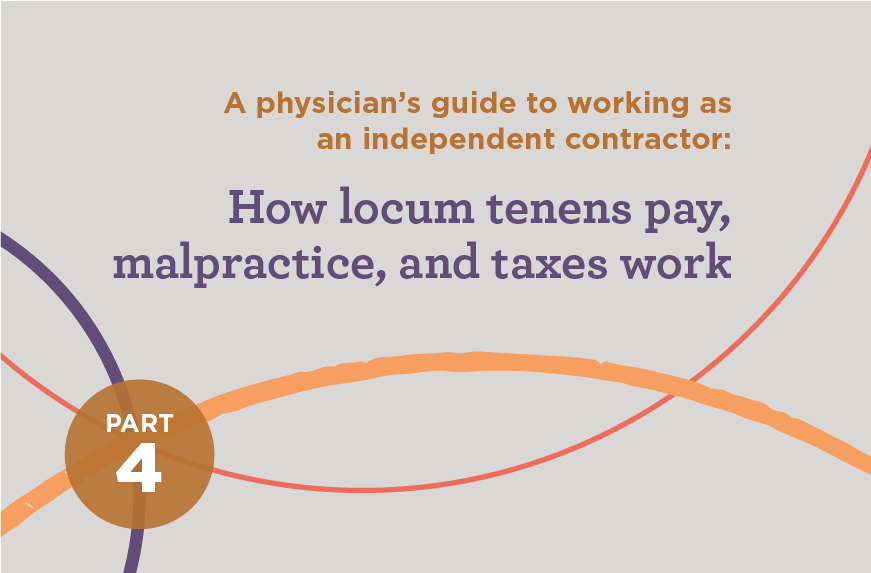Category - Credentialing & Licensing

Interstate Medical Licensure Compact states list and guide for 2024
April 11th, 2024 Find out if you are a qualified physician to receive an expedited license in your state.
How to obtain a DEA license
February 1st, 2024 Find out what a DEA license is, why most physicians need to obtain one, and steps for how you can apply for registration.
Physician interview questions and answers
January 29th, 2024 Finding the job of your dreams takes more than just good clinical skills. Here are the ideal answers to common physician interview questions.
Locum tenens physician taxes: A beginner’s guide
January 17th, 2024 The process for filing locum tenens physician taxes is different than for employed physicians. This beginner’s guide will teach you the basics.